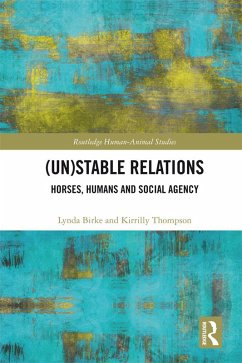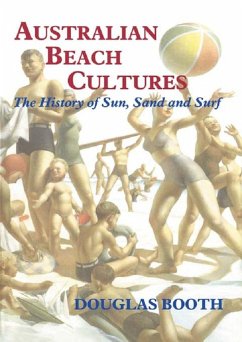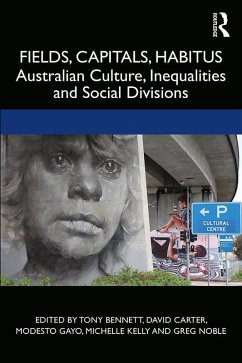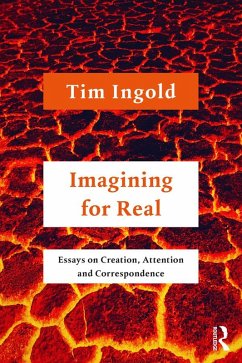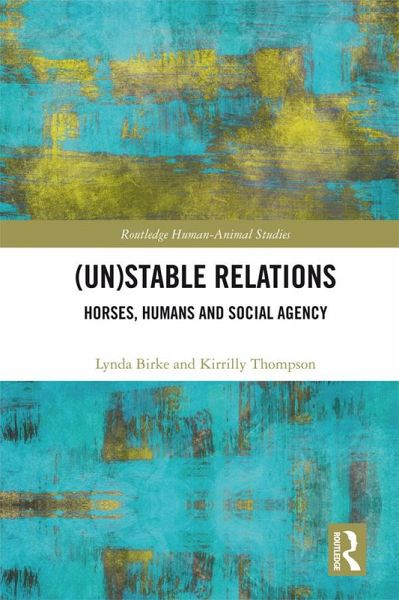
(Un)Stable Relations: Horses, Humans and Social Agency (eBook, PDF)
Versandkostenfrei!
Sofort per Download lieferbar
43,95 €
inkl. MwSt.
Weitere Ausgaben:

PAYBACK Punkte
22 °P sammeln!
This original and insightful book explores how horses can be considered as social actors within shared interspecies networks. It examines what we know about how horses understand us and how we perceive them, as well as the implications of actively recognising other animals as actors within shared social lives. This book explores how interspecies relationships work, using a variety of examples to demonstrate how horses and people build social lives. Considering horses as social actors presents new possibilities for improving the quality of animal lives, the human condition and human-horse relat...
This original and insightful book explores how horses can be considered as social actors within shared interspecies networks. It examines what we know about how horses understand us and how we perceive them, as well as the implications of actively recognising other animals as actors within shared social lives. This book explores how interspecies relationships work, using a variety of examples to demonstrate how horses and people build social lives. Considering horses as social actors presents new possibilities for improving the quality of animal lives, the human condition and human-horse relations.
Dieser Download kann aus rechtlichen Gründen nur mit Rechnungsadresse in A, B, BG, CY, CZ, D, DK, EW, E, FIN, F, GR, HR, H, IRL, I, LT, L, LR, M, NL, PL, P, R, S, SLO, SK ausgeliefert werden.




